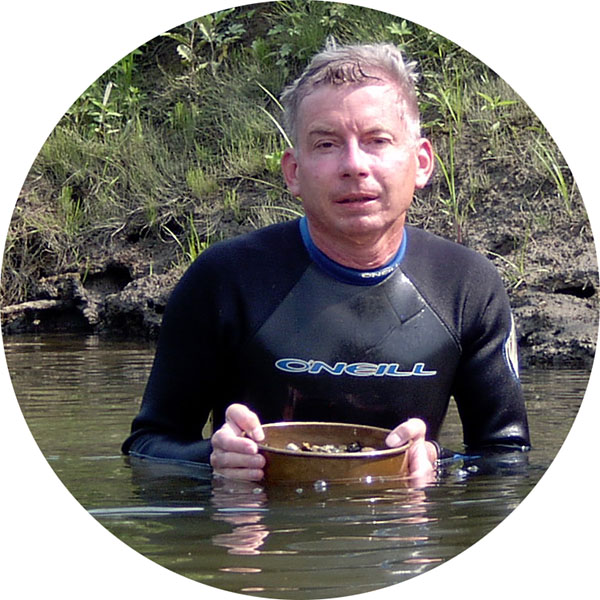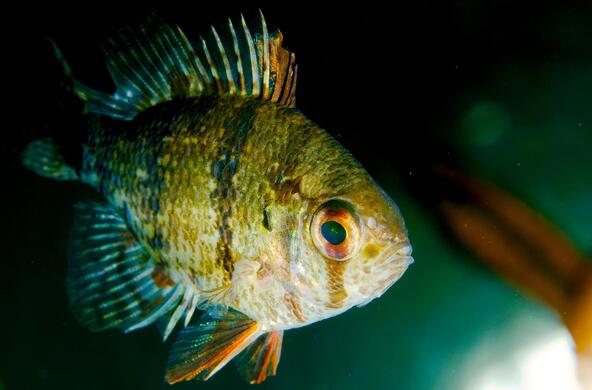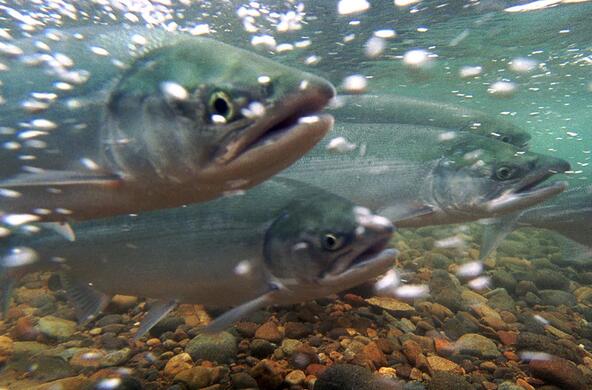Memories can inspire or betray us. When the great storehouse of our memory is opened, even by something as commonplace as the aroma of a cookie, the powerful emotions evoked by memories of happiness or injustice can inspire us to write a great novel, protest the demolition of a beloved building or go to war.
Memory sometimes betrays us because we don't always accurately recall what occurred. It also betrays us because we can't remember what happened before we were born. The powerful emotions called forth by memory cannot be inspired by ancient events, or by phenomena that change too gradually to have dramatic effects within one lifetime.
Ecologists Karin Limburg and John Waldman describe a particularly striking example of such a slow slide into oblivion. They analyzed all available records on populations of diadromous fishes —species such as salmon and shad that migrate between fresh waters and the sea — in the North Atlantic.
They found that 33 of the 36 stocks had declined, very dramatically in most cases. Populations of 25 of these stocks now stand at less than 10 percent of their historic levels, and 10 are at less than 1 percent of their historic levels. As bad as these figures are, they probably understate the severity of the decline, because in many cases fisheries monitoring did not begin until well after populations began falling.
These fish stocks may have begun declining by the early 19th century as a result of dams that prevented these migratory species from reaching their spawning grounds, overfishing and pollution. More recently, climate change, invasive species like the zebra mussel, and cooling-water withdrawals may have intensified the losses.
Most of our local migratory species have declined, including Atlantic sturgeon (now at 9 percent of historic levels throughout the Atlantic), American shad (3 percent), alewife (1 percent), blueback herring (0.6 percent), American eel (28 percent), and smelt (1 percent throughout the Atlantic, and gone entirely from the Hudson).
Losses of our local fish have been so severe that the New York State Department of Environmental Conservation has completely closed commercial and recreational fishing for American shad in the Hudson River. This species sustained Native Americans, colonists and modern New Yorkers alike — with landings from the Hudson at times exceeding 1 million pounds a year. As local fisherman John Mylod has observed, 2010 is the first spring in thousands of years in which humans won't go down to the banks of the Hudson to fish for shad. This is not our proudest moment as stewards of the Earth.
So why aren't people up in arms about the catastrophic losses of nearly every diadromous fish species in the North Atlantic? At least part of the answer must be that no one alive can remember the original state of the fish populations, when rivers on both sides of the Atlantic ran silver with shad, and docks were stacked high with sturgeon. Instead, each generation has seen only a small part of this long slide into oblivion as our natural resources were nibbled away.
Because our memory is limited by our life span, we don't feel personal sadness or indignation arising from the memory that each fish now returning to the Hudson used to be accompanied by 10 or 100 of its fellows. We don't feel the void left by their absence.
In a more practical sense, because we can't remember the great historic fish populations, we are less inclined to feel outrage when someone proposes a project that might damage fish populations just a little, nor demand the aggressive management of our fish stocks that would restore them to more than a shadow of their historic greatness.
Maybe the best we can do is remember that if we rely solely on memory to guide us, we will always underappreciate the importance of long-term changes in our natural resources. We need to use other tools, such as scientific analysis, even if data lack the evocative power of memory.







